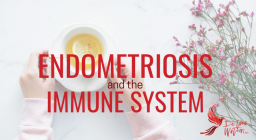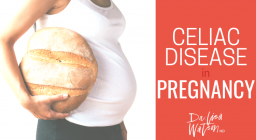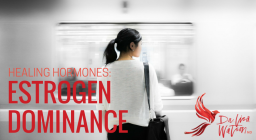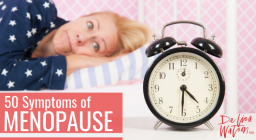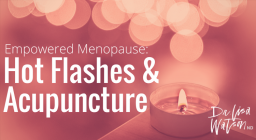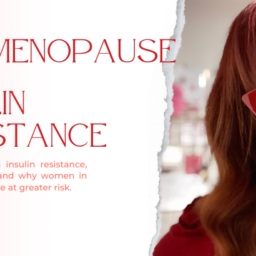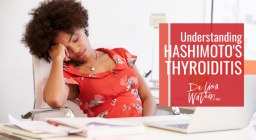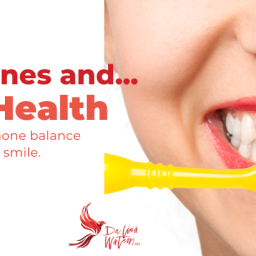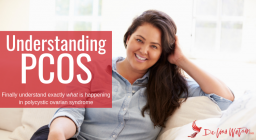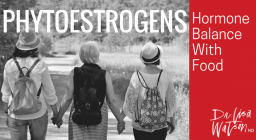
The average age of menopause for women in North America is 52 years of age. However, women can enter into menopause at just about any age.
Women who become menopausal before age 45 have what is known as early menopause. Women with menopause before age 40 have primary ovarian insufficiency (POI), also sometimes called primary ovarian failure.
Regardless of what age women become menopausal, the symptoms are the same. Hot flashes, night sweats, mood changes, brain fog and cognitive decline, and vaginal changes. However, there are some serious long term risks associated with early age of menopause that women should know about.
Long Term Health Consequences of Early Menopause and POI
The emotional effects of losing ovarian function at a young age can be devastating. Especially for women who are diagnosed in their teens and twenties and learn that they will not be able to have children without donor eggs.
Then there are the troubling symptoms of menopause that can negatively impact quality of life.
And still yet, there are the long term concerns of having estrogen deficiency for a significant portion of a woman’s life. We know that women with POI and early menopause have higher risk of death from some types of heart disease as well as from all causes – known in medical terminology as all-cause mortality. Women with earlier onset of menopause also have an increased risk of cardiovascular diseases, digestive tract cancer, neurological diseases such as Parkinson’s disease, psychiatric diseases, osteoporosis and fractures. And the risks are higher with earlier age.
Women with POI or early surgical or natural menopause have higher risks of bone loss, heart disease, and cognitive or affective disorders associated with estrogen deficiency
Bioidentical Hormone Replacement Therapy for Early Menopause and POI
Women who are diagnosed with early menopause or premature ovarian failure should strongly consider using hormone replacement therapy until the average age of menopause. The North American Menopause Society (NAMS) in their 2017 position statement suggest that the benefits of hormone replacement outweigh the risks for women with earlier age of menopause until the average age of menopause (52 years of age.)
For women with POI, the higher risks of bone loss, heart disease, and cognitive or mood disorders associated with estrogen deficiency can be reduced to normal levels if hormone replacement therapy is given until 52 years of age. After 52 years of age, women can reconsider whether to continue hormone replacement or stop.
This may be new information for many women, who consider hormone therapy to only be a treatment for menopausal symptoms, and not a means of preventing future disease. This approach recognizes the immense benefits that can be achieved through thoughtful use of hormones, both in treatment of symptoms and prevention of future disease. And I think we should talk about it more.
Reach out
If you are concerned that you may be in early menopause, or have questions, don’t hesitate to get in touch. I’m here to help.
Selected Resources
http://www.thelancet.com/journals/lanonc/article/PIIS1470-2045(06)70869-5/abstract
http://www.ncbi.nlm.nih.gov/pmc/articles/PMC2815011/
http://www.ncbi.nlm.nih.gov/pmc/articles/PMC3791619/
Disclaimer
The advice provided in this article is for informational purposes only. It is meant to augment and not replace consultation with a licensed health care provider. Consultation with a Naturopathic Doctor or other primary care provider is recommended for anyone suffering from a health problem.


